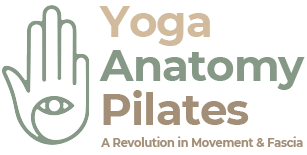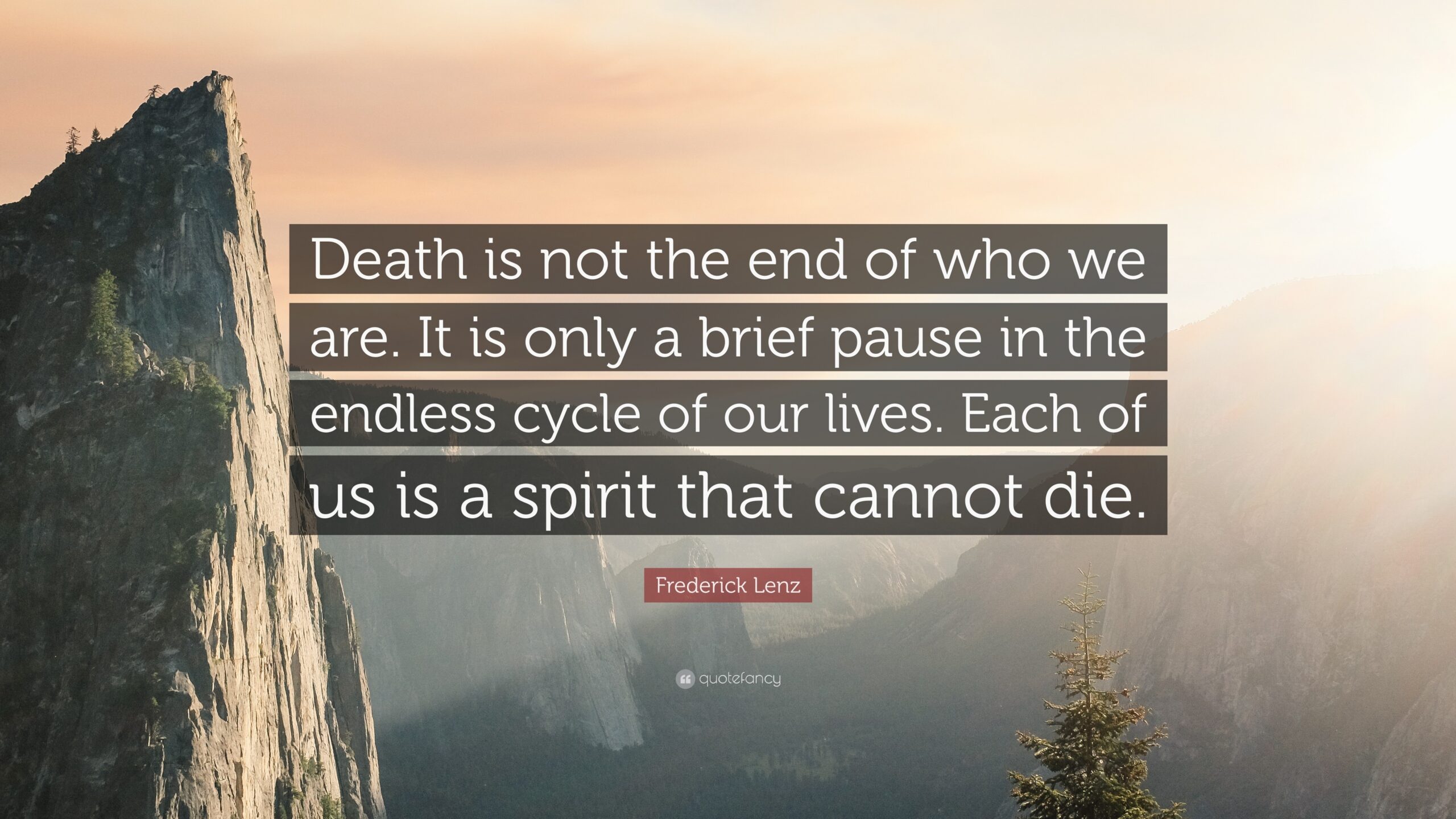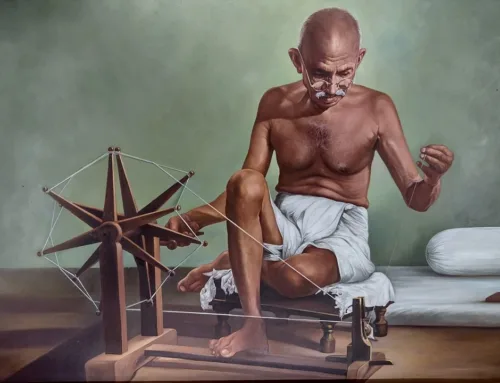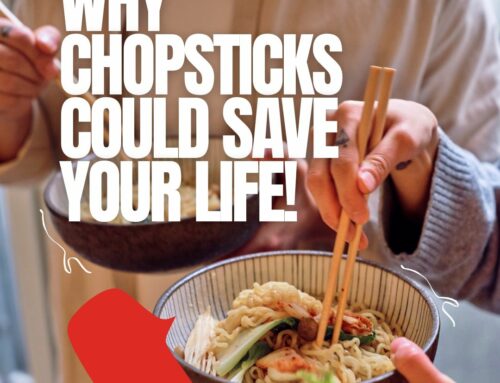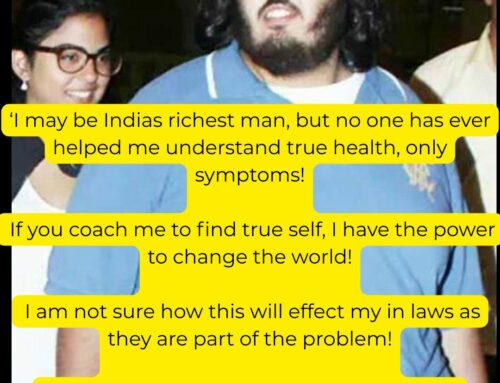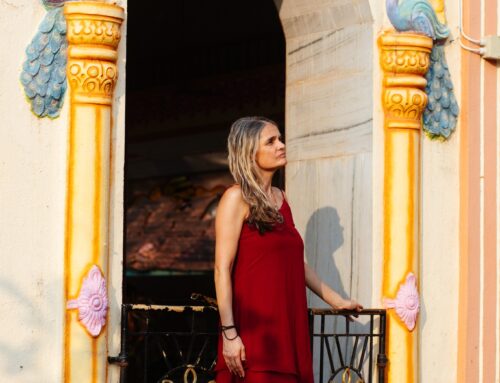This blog reflects my feelings, experiences and belief systems over the last week.
This is a note I found while going through my mother’s belongings. My mother passed away on Sunday 28th April 2024. She had had a brain bleed on the pons ten days previous, plus a number of other underlying complications including vascular dementia and had suffered for many years.
She has now finally found peace spiritually, mentally, emotionally, and physically. My emotions of grief to anger constantly switch every hour as I play with my selfishness of wanting mother to stay alive, but knowing deep down that the best for her has happened.
“No one person’s grieving process is a reaction to loss, is the same as anothers’, no matter how similar the cause may appear. Comparisons are meaningless since the spectrum of loss is so wide and human beings so various.” – Joan (Nisha’s Mum).

Letting nature take its course is part of the circle of life. Of course, we all want loved ones alive, but where do these feelings and belief systems come from? And as Buddha taught; “Non -Attachment” is the way forward.
We are told many things about life after death, but how do we know if any of them are true and is death truly the end or the ride???
If we truly want to live, we must be prepared to die at some point. Our body is but a vessel, a carrier, the spirit and the soul venture on. Every religion has their own belief system. For example, Hinduism teaches that the soul continues after death. Their religious beliefs make the Hindus tolerate and accept hardships and calamities stoically.
The universe is a mixture of energy and information and neither one can be destroyed. Therefore, everything in the universe is immortal. Energy and information is described as power, sometimes it seems like heat, sometimes we see it as light and sometimes it manifests sound in our physical world.
“Everything is energy and that’s all there is to it. Match the frequency of the reality you want, and you cannot help but get that reality. It can be no other way. This is not philosophy. This is physics.” — Albert Einstein
My personal belief is that death is not the end. Nor would my mother want me eternally suffering for her loss. The purpose of life is to gain conscious union with all that you are. Every day I choose to have a purpose, goal, dream and legacy. I choose to move, to work and to eat clean, this is my choice and reflects my core values.
My understanding is that it is ‘FEAR’ (False Evidence Appearing Real) that makes us suffer in life and react and behave the way we do to ourselves and others. Fear is a force of separation and segregation.
Our outside behaviour towards others and lack of love for the self is always a reflection of how we are dealing with life. We must look at the world’s atrocities to see how fear can cause more suffering than ever with war plus our destructive behaviour to other human beings. Man’s greed for money and power means many will continue to die, and the planet will continue to suffer until we change ourselves.
A 2003 research paper looked at 8 Italian people, 4 believers and 4 non-believers in life after death. The paper showed the many diverse views about death and if the subjects believe in life after death. Believers, for whom death marks the passage to a new dimension, prefer to be unaware of dying, while non-believers, for whom death is the end of the individual, prefer to be conscious until the very end of life. However, some important aspects both groups have in common have been identified, i.e. wanting close people nearby, receiving assistance from experts, or the preference for a soft atmosphere around the dying person. PMID: 14613557
At a cellular level we are all connected, and all need each other. I never see colour, religion, sex or medical status at my studios – I only see people!
There is only ‘LOVE’ that can change the world. Cultivating a conscious mind means coming from a place of love rather than fear. This is what Paul Chek calls, the I, WE, ALL. First, we have to learn to love and respect ourselves. The way we treat our bodies, and talk to our minds, tells us where we are. The ‘We’ is the duet, and our relationship with one another. This is about setting boundaries and should always be 50/50. The ‘All’ ‘is the relationship with everyone and everything else. If you come to me for one-to-one coaching in back pain, we will always go over these principles.
“Fear is like a shadow that follows you around – you’ve got to shine light on it, not try to run from it!” – Paul Leederteese
We can turn our pain and suffering into power resulting in transformation. We can learn from our mistakes and can influence or make changes causing a ripple effect to everyone and everything around us. We need to stop running away and start facing reality.
“Death is an organic, integral part of life, and it is very friendly to life. Without it life cannot exist. Life exists because of death; death gives the background. Death is, in fact, a process of renewal. And death also happens each moment, as life happens, because the renewal is needed each moment. The moment you breathe in and the moment you breathe out, both happen. Breathing in, life happens; breathing out, death happens. That’s why when a child is born the first thing he does is breathe in, then life starts. And when an old man is dying, the last thing he does is breathe out, then life departs. Breathing out is death, breathing in is life – and both are like two wheels of a bullock cart. You live by breathing in as much as you live by breathing out. The breathing out is part of breathing in. You cannot breathe in if you stop breathing out. You cannot live if you stop dying. The man who has understood what his life is allows death to happen; he welcomes it. He dies each moment and each moment he is resurrected. His cross and his resurrection are continuously happening as a process. He dies to the past each moment and he is born again and again into the future.” Osho
Bibliography
Life at the end of life: beliefs about individual life after death and “good death” models – a qualitative study – PMID: 14613557
Paul Chek
Paul leederteese
